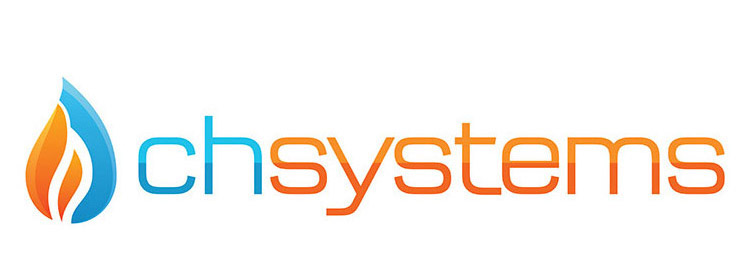Five energy-saving tips that will help your business cut costs this winter
The recently announced energy price hikes have sent Britons into a state of slight panic as homeowners and commercial enterprises rack their brains for ideas on how to keep warm without bankrupting budgets. In fact, new research by Bristol-based sustainability company Sustain has revealed that 90 per cent of British consumers are concerned about increasing energy prices this winter.
And if you’re a business owner the stress is likely to be more severe: taking measures to curb costs (like simply turning heating off and throwing on a few jerseys) is just not feasible because if your office is cold, productivity will decrease – the same goes for factories and warehouses; and when it comes to restaurants, shops, hotels or churches, if people don’t feel that warm blast of air emanating from the doors of your establishment, chances are that your enterprise will be a few customers short.
So, the heat has got to be on and the money has got to be spent.
But there are ways to do so efficiently! Here are five tips on what you can do to save your business money this winter:
- Control your heating system: turn heating (as well as other energy-consuming appliances – lights) off when premises aren’t in use, and reduce heating in areas that aren’t people populated.
- Contain heat: when heating is on, make sure windows are closed and when the sun goes down close blinds and curtains to prevent heat from escaping through the windows.
- Consider insulation: insulating windows, walls, pipes and boilers might be an initial expense but could save you money in the long term. There are also some local authorities that offer incentives for businesses that wish to insulate their premises – definitely something worth checking out if you’re keen on the idea.
- Service boiler system and replace old equipment: inefficient heating equipment will cost your business. Old boilers are reportedly 65 to 70 per cent efficient; a new boiler should up efficiency levels to 90 per cent. There are government schemes (the Green Dead and the Enhanced Capital Allowances scheme) that offer incentives for the installation of energy efficient equipment. Otherwise, just make sure that your boiler is serviced yearly, enabling your heating contractor to find and fix any faults.
- Position thermostats with care: in other words, not in draughty areas or areas with uneven temperatures (in direct sunlight or near machinery that gives off heat).
Reducing heating by a mere 1 per cent can cut costs by 10 per cent, which is a great incentive for further advice on how your business can get the best out of its boiler.
For more information, feel free to contact the CH Systems team on 0208 302 8149 or info@chsystems.cc


